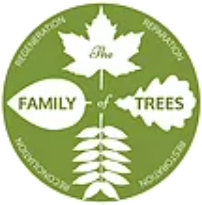Choose Safe Art Supplies
Arts and crafts materials can be hazardous to your health and the environment. Even though the Labeling of Hazardous Art Materials Act of 1988 requires stringent labeling of hazardous materials in art supplies, many materials are out of compliance. This article offers tips to help you choose safe art supplies, …







